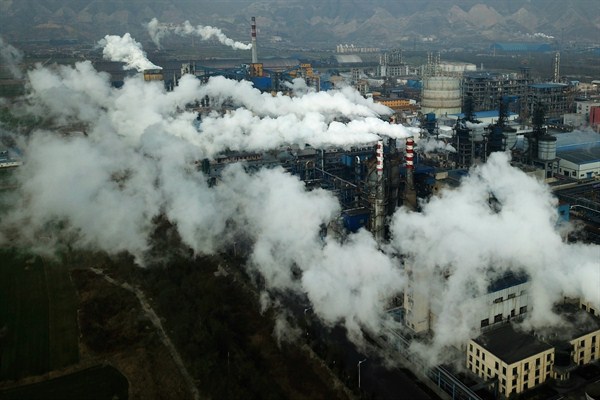2020 dawns with the multilateral system in crisis. The next 12 months will determine whether the world is capable of controlling nuclear proliferation, arresting runaway climate change and restoring faith in the United Nations. Some pivotal events will shape success or failure in the coming year.
Preserving the Nuclear Regime. Of the several potential catastrophic risks confronting humanity, the specter of nuclear war remains the most terrifying. Since the bombings of Hiroshima and Nagasaki in 1945, the world has escaped the horror of nuclear weapons. Much of the credit, beyond deterrence and plain dumb luck, goes to the Treaty on the Nonproliferation of Nuclear Weapons, known as the Nuclear Nonproliferation Treaty or NPT. Yet 50 years after the NPT came into force, nuclear anxieties are increasing.
The NPT rests in a delicate balance on three pillars: non-acquisition by non-nuclear weapons states, access to nuclear energy for peaceful purposes, and gradual disarmament by nuclear weapons states. That bargain is eroding, however, as established nuclear powers modernize their arsenals, newer nuclear powers expand their own, non-nuclear nations reconsider whether to acquire them, and technological advances in cyberspace and outer space undermine the calculus of deterrence. The escalating nuclear rivalry between India and Pakistan, the unending provocations by North Korea’s Kim Jong Un, and the U.S. repudiation of both the Intermediate Nuclear Range Forces Treaty and the Iran nuclear deal under President Donald Trump add to the risks of nuclear proliferation.

